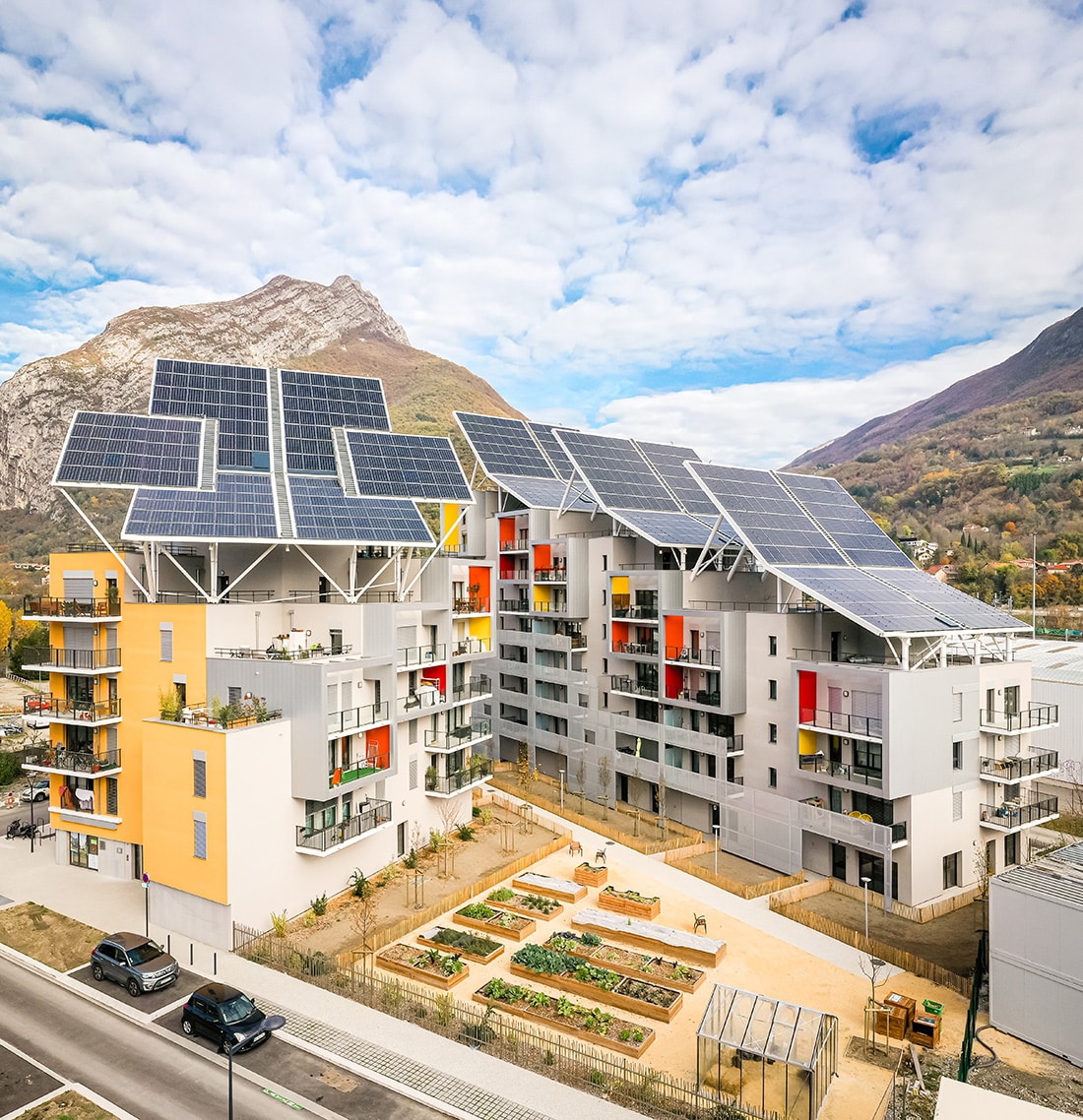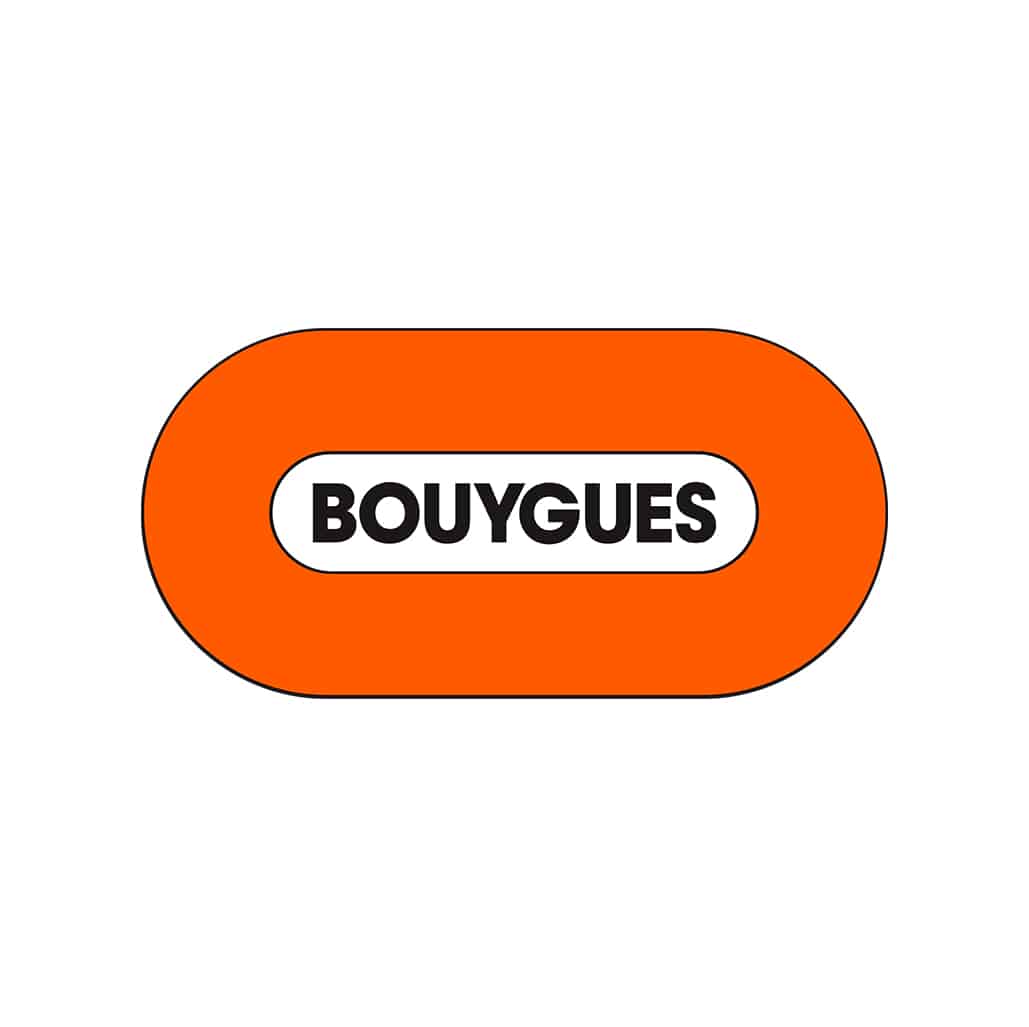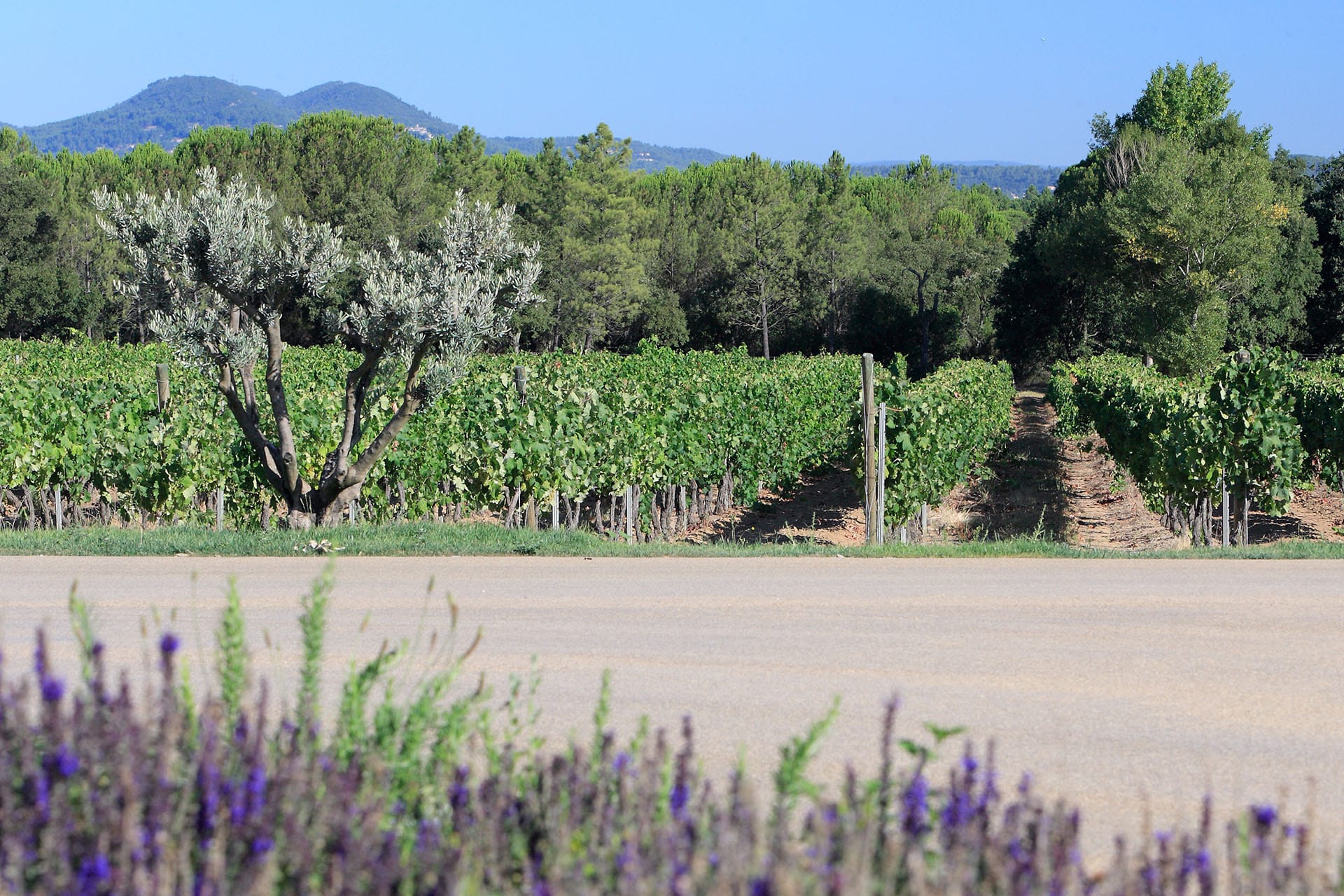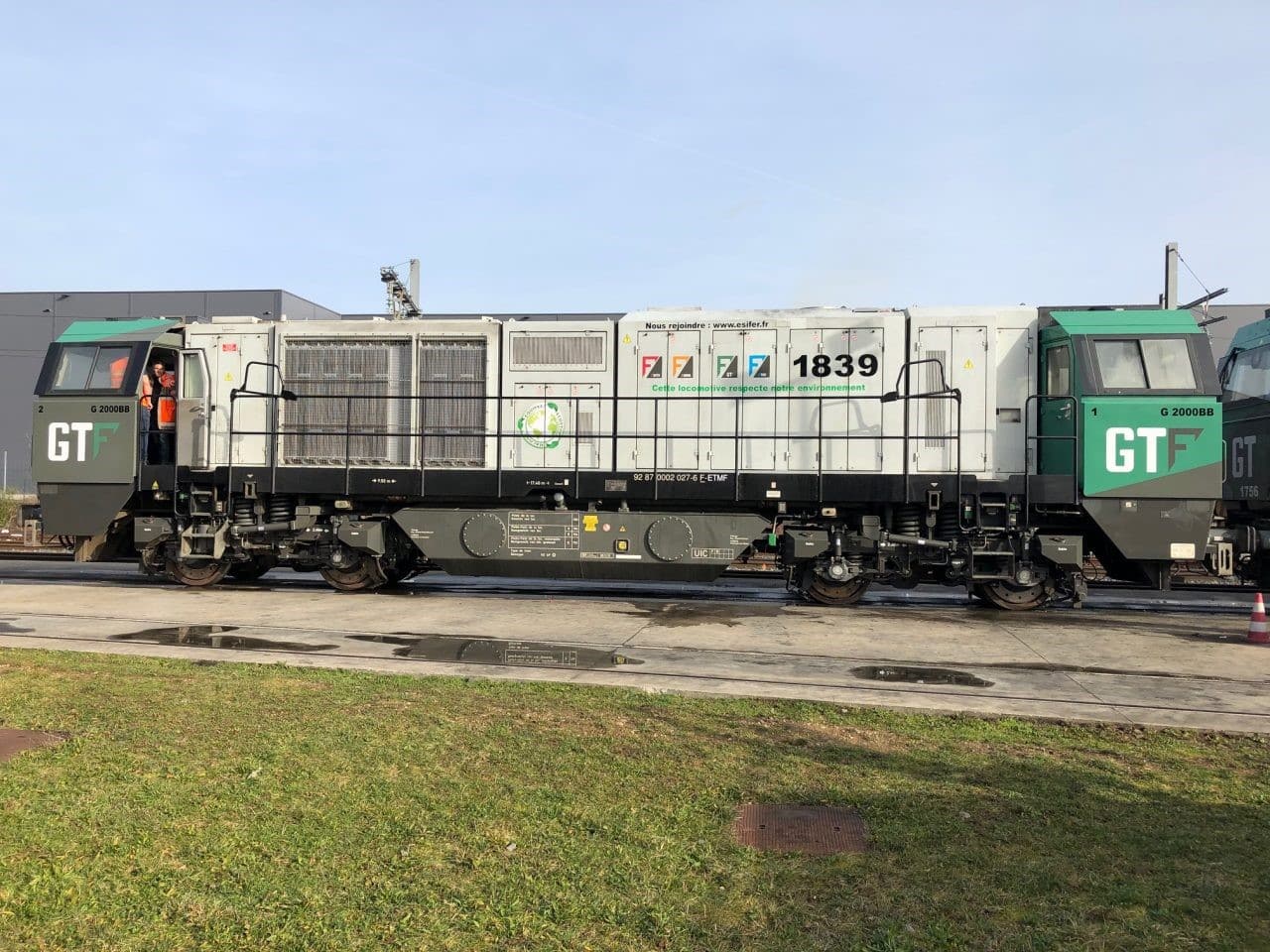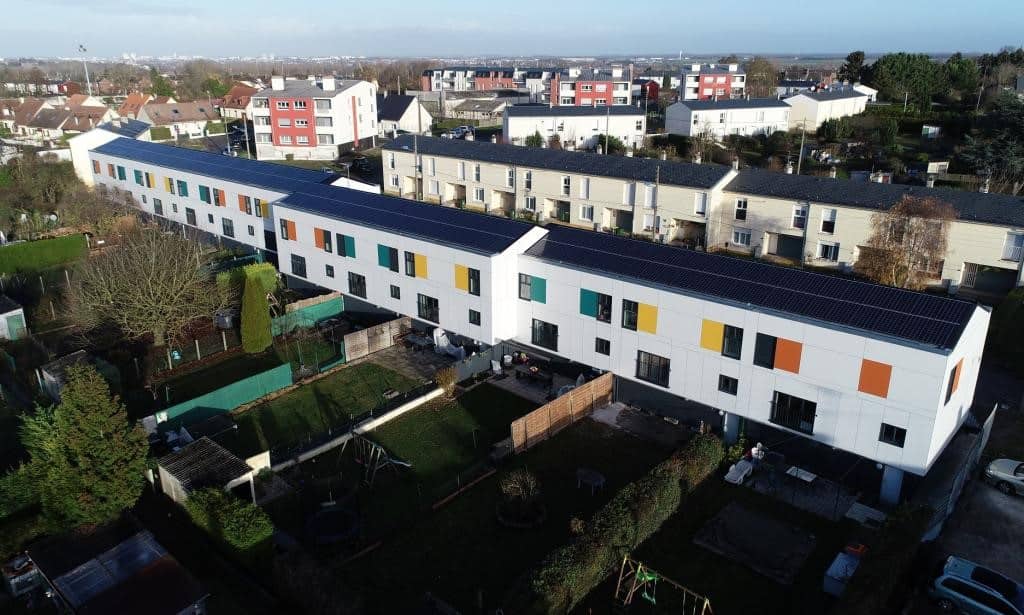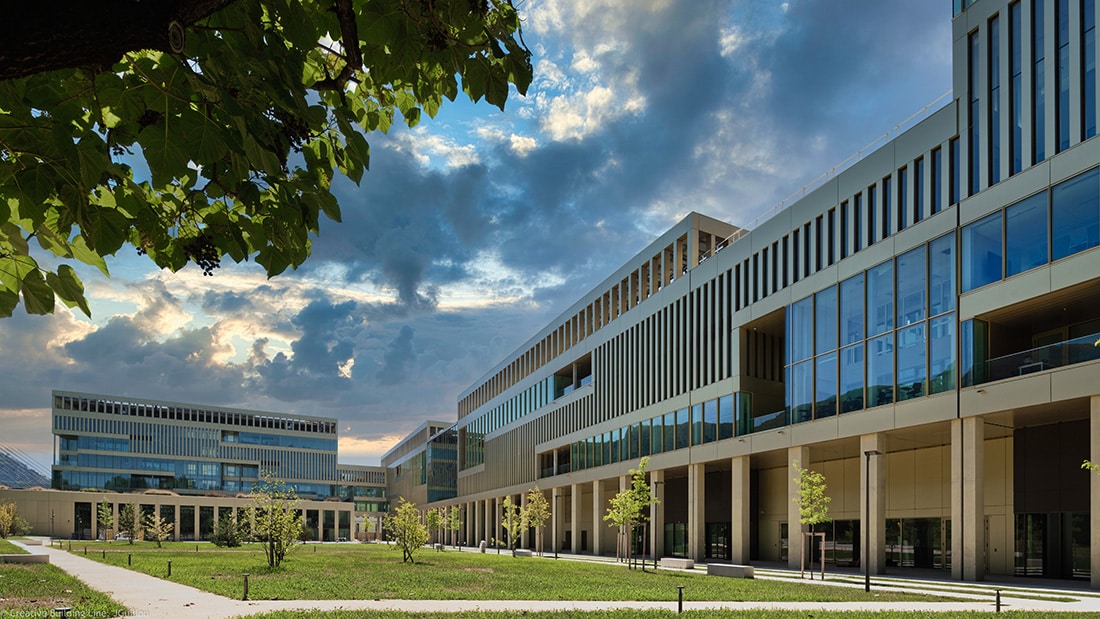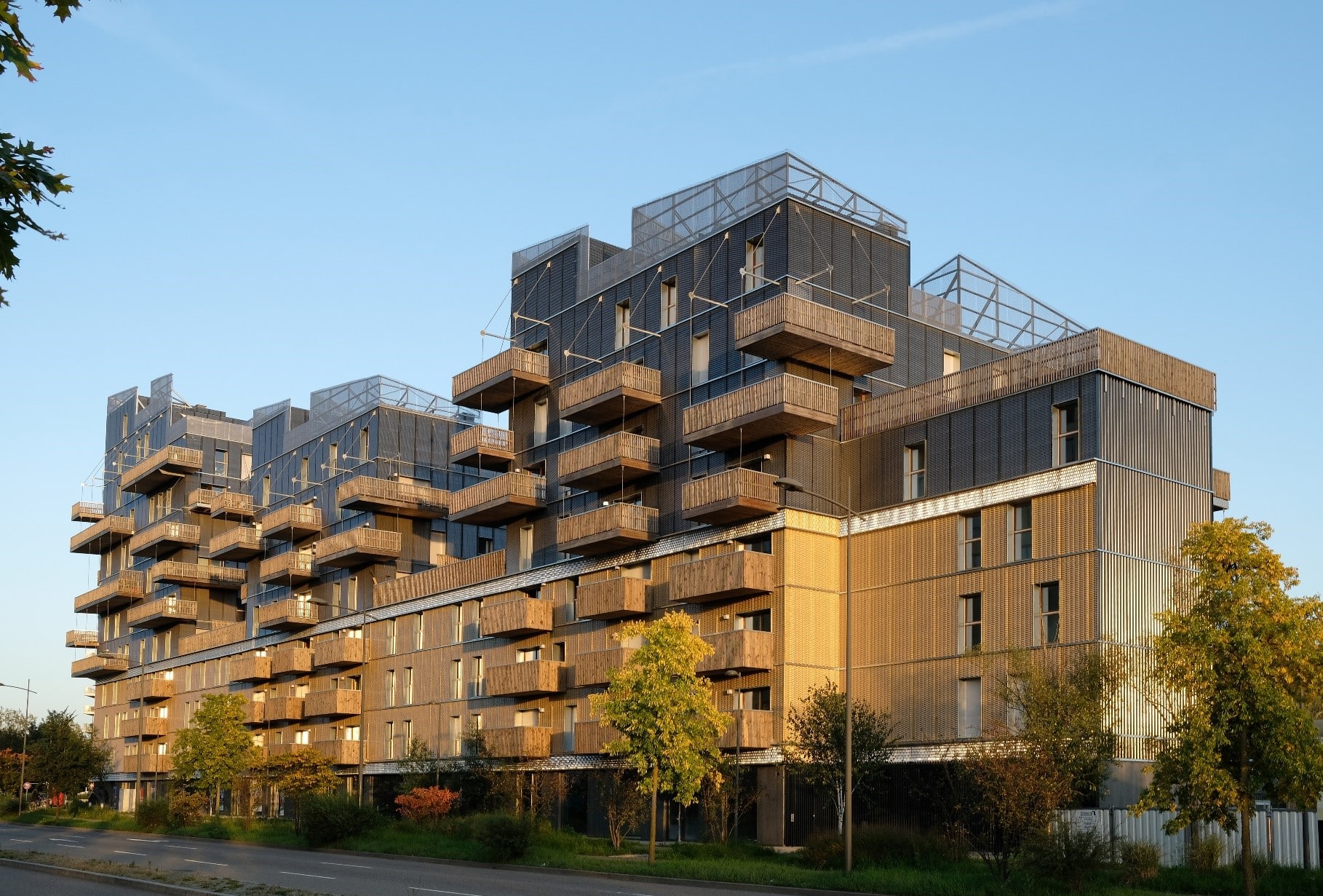Reducing the carbon footprint of its activities is an essential requirement in the conduct of Bouygues’ operations.
This major renovation project concerns a former post office building of neo-Gothic architecture, located in a district classified as a UNESCO heritage site. It is spread over a surface area of 20,000 m² that has been entirely renovated, with 2,000 m² dedicated to the new building. The aim here is to reduce the carbon impact of the operation and to save resources and raw materials while preserving the existing structures as much as possible, and using the circular economy.
The future use of the building is distributed as follows:
- 62 units in open access (Premium)
- 20 units in dismemberment
- 18 subsidized rental units
- 1 managed residence of 84 units for seniors (Jardin d’Arcadie)
- 2,400 m² of offices
- 1 Brewery
- 1 post office
The historic building is located at the edge of the plot and occupies a large part of the land. This building will be entirely renovated to accommodate all the real estate products defined above.
A basement for the parking of motorized vehicles will be built. The inner courtyard of the building will also house a new office building, the “Cluster”.
The project has been awarded the following labels: “Effinergie” renovated housing and “BREEAM” new commercial buildings.
The operation is also a winner of the BTP 2020 call for projects entitled “Mobilizing the entire construction industry to meet the challenges of waste reduction and recovery” of the CLIMAXION program initiated by ADEME and the Région Grand Est.
Principle of the circular economy implemented
The whole structure, the facades and the roof have been preserved. In addition, a part of the wooden windows was kept either by reusing them in situ or by valorizing them ex situ. The conservation and renovation of a large part of the interior doors was also possible. As for the carpet, it was removed and used for insulation.
This rehabilitation operation also allowed a saving of 57 million liters of drinking water compared to a new operation of the same surface.
